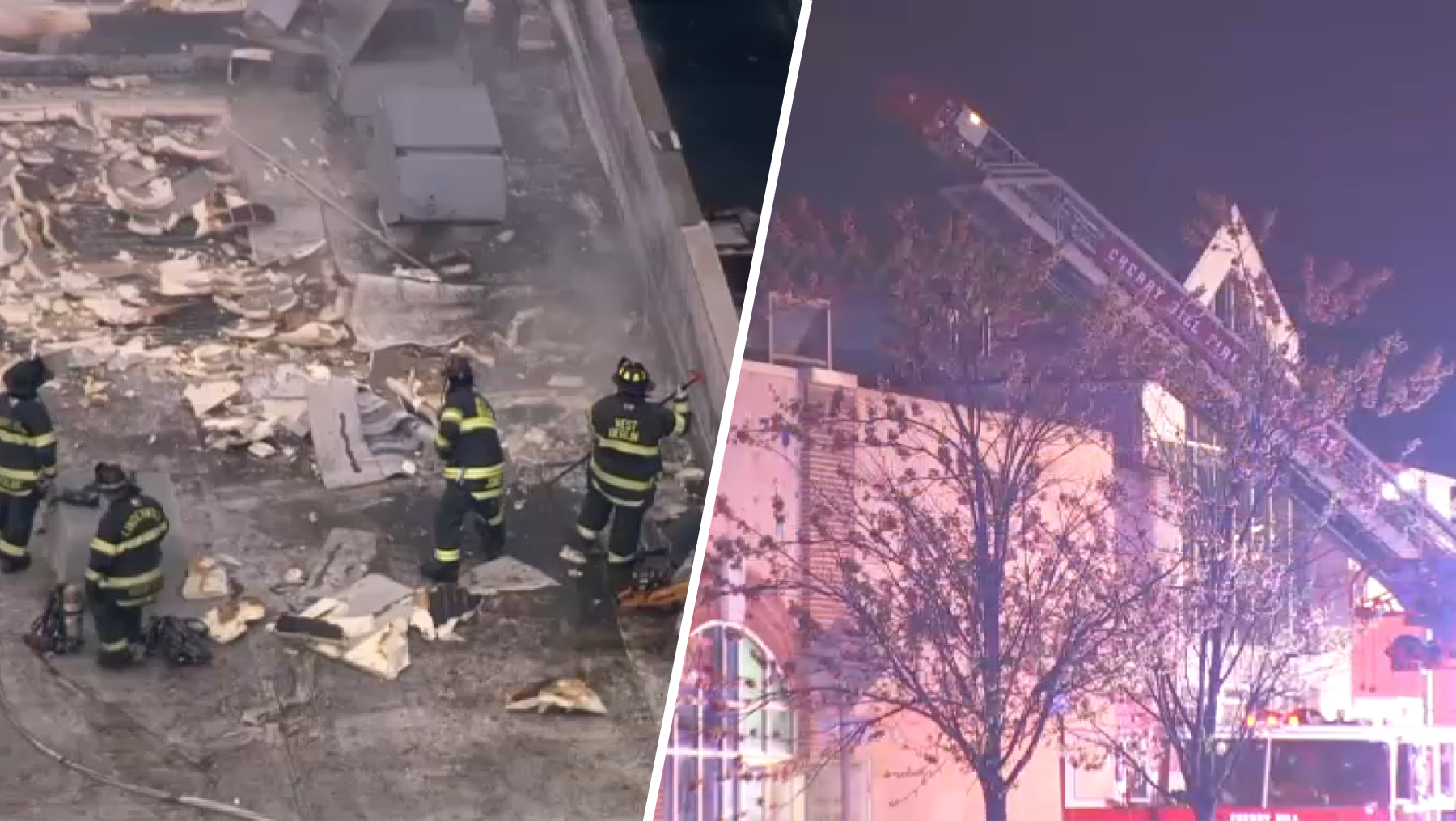An overhaul of charter school laws in Pennsylvania passed narrowly Tuesday in the state House of Representatives, sending the newest attempt in a series to update a two-decade old code to the state Senate.
Adding members to the state's charter oversight board, capping a surplus that charters could hold in reserve and changing the funding formula for cyber charters highlighted the legislation introduced by Republican Rep. Mike Reese.
The bill passed 108-84 despite staunch opposition from traditional education advocacy groups and some Democrats, who didn't think the reform package went far enough in certain aspects like the surplus cap. Democrat Rep. James Roebuck of Philadelphia had amendments rejected before the vote took place.
Roebuck hoped the reforms would include stronger regulations governing charter school building leases and borrowing.
"My bill seeks to generate financial savings for school districts and local taxpayers by making sensible changes to the formula for funding cyber charter schools," Reese wrote earlier this month in announcing the legislation. "Second, my legislation will improve school choice by strengthening the law under which charter, regional charter and cyber charter schools."
Debate prior to the vote also showed what remains deep divisions within the Philadelphia delegation, which represents a city that is home to 83 of Pennsylvania's 164 charter schools. Another 14 cyber schools operate in the state, including three based in Philadelphia.
State Rep. W. Curtis Thomas of Philadelphia spoke against the legislation, saying it won't solve any of the inequities that have arisen between charter schools and public schools.
Local
Breaking news and the stories that matter to your neighborhood.
"These charter schools have become separate and unequal," Thomas said. "You can find situations today where charter schools have books that public schools don’t. You will find a charter school where students eat caviar for lunch while some students in public schools have no lunch."
Another Philadelphia legislator, Rep. Jordan Harris, said he was inclined to vote for the bill.
"The law is 20 years old," Harris said. "It needs a redo it needs a refresh."
He added, "It is a little offensive to continue to hear about how charter schools cost districts, as if the money is going to something other than educating our students."
The changes to the cyber charter funding are estimated to save local school districts roughly $27 million, according to an analysis of the bill.
In addition to adding three board members to the current seven-person Charter School Appeal Board, the bill also would create a Charter School Funding Advisory Commission. The 14-member commission would "explore funding issues related to charter school entities, and making recommendations to the General Assembly and the Governor."
Roebuck's amendment would have been the first significant restraint placed on charter school expenditures for new facilities. Charter operators, particularly in Philadelphia, have embarked on a massive building boom the last few years, resulting in millions of taxpayer dollars going to pay for debt payments related to construction and rent. At the same time, the Philadelphia school district continues to pay for building and maintenance costs that doesn't mirror a student population in decline because of increasing charter enrollment.
Roebuck said the charter school borrowing and building leases need improved oversight.
"To ensure financial accountability for all public schools and protect Pennsylvania taxpayers, I will introduce legislation that would ban anyone who serves as a school director, founder, member of a board of trustees or administrator of any public school entity -- including a school district, charter school or cyber charter school -- from receiving reimbursements on lease payments for buildings or facilities used for charter school. The ban would also include executives or employees of charter school management companies," Roebuck said earlier this month.



